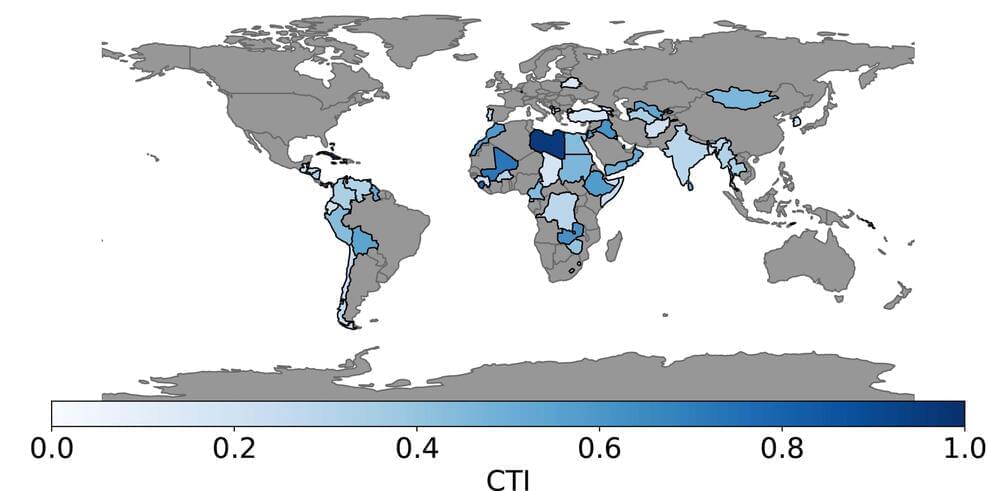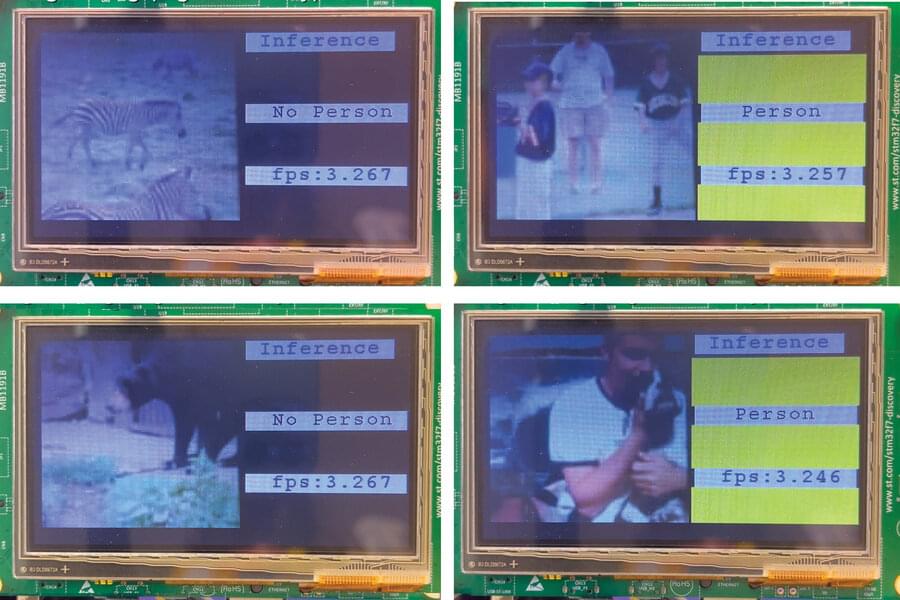Oct 11, 2022
Francis Heylighen on the Emerging Global Brain
Posted by Dan Breeden in categories: computing, internet, physics, space
Francis Heylighen started his career as yet another physicist with a craving to understand the foundations of the universe – the physical and philosophical laws that make everything tick. But his quest for understanding has led him far beyond the traditional limits of the discipline of physics. Currently he leads the Evolution, Complexity and COgnition group (ECCO) at the Free University of Brussels, a position involving fundamental cybernetics research cutting across almost every discipline. Among the many deep ideas he has pursued in the last few decades, one of the most tantalizing is that of the Global Brain – the notion that the social, computational and communicative matrix increasingly enveloping us as technology develops, may possess a kind of coherent intelligence in itself.
I first became aware of Francis and his work in the mid-1990s via the Principia Cybernetica project – an initiative to pursue the application of cybernetic theory to modern computer systems. Principia Cybernetica began in 1989, as a collaboration between Heylighen, Cliff Joslyn, and the late great Russian physicist, dissident and systems theorist Valentin Turchin. And then 1993, very shortly after Tim Berners-Lee released the HTML/HTTP software framework and thus created the Web, the Principia Cybernetica website went online. For a while after its 1993 launch, Principia Cybernetica was among the largest and most popular sites on the Web. Today the Web is a different kind of place, but Principia Cybernetica remains a unique and popular resource for those seeking deep, radical thinking about the future of technology, mind and society.

















